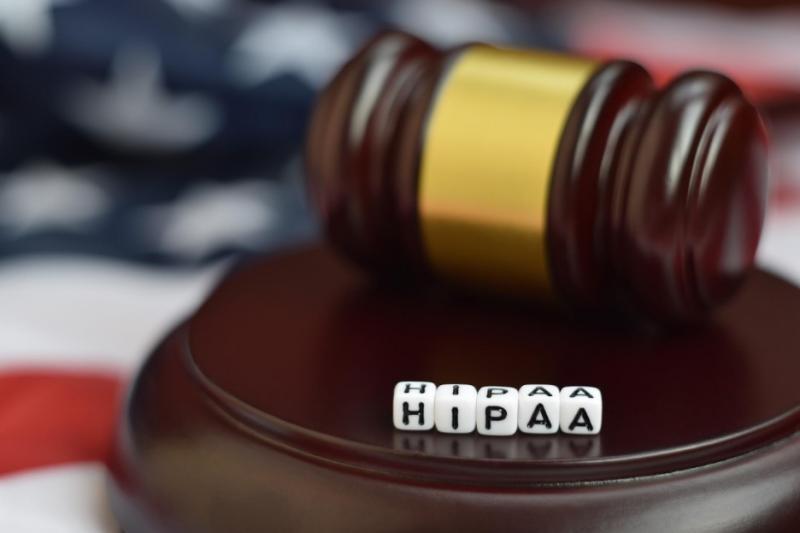Protecting Mental Patients' Health Information In The U.S.

HIPAA is an act in the U.S. that aims to protect the confidentiality of patients who receive medical treatment.
The act also provides patients with peace of mind that the information disclosed within sessions will remain private under most circumstances. It is a vital point within the mental healthcare environment, as a previous lack of trust was a common barrier and concern for many patients seeking help.
HIPAA and Mental Health Professionals
Protecting patients’ information privacy is one of HIPAA’s most important goals. However, sometimes it might not be as easy as it sounds, especially during mental health treatment. In such cases, the therapist might face a situation where they are forced to share information with the patient’s parent, spouse, guardian, other physicians, or even with law enforcement officials.
The law helps to protect both patients in therapy as well as the therapists. It ensures patient confidentiality as well as helping improve the treatment by incorporating physicians and patients’ near ones in the process.
Under HIPAA act, a mental health professional may share pertinent medical information (information directly related to treatment) with people involved in a person’s care if the patient:
- Has agreed.
- Has been allowed to object and has not objected.
- Do not object to bringing a partner to treatment or having a parent help schedule sessions and pick up prescriptions.
- Is incapable of making decisions because he or she Is unconscious, delirious, experiencing psychosis, or intoxicated.
Therapists can share information about a person’s care with other members of their healthcare team. However, psychotherapy notes or any information regarding substance abuse treatment from a licensed treatment program are excluded from the information. For minors or clients who rely on others to make their healthcare decision, a therapist is allowed to share information directly related to care with the representative or caregiver, except when there is reasonable doubt that they are causing harm or acting against that person’s best interest.
HIPAA compliance requirements are unilateral. While a therapist or other healthcare provider cannot always disclose information about the person they are working with, family members and loved ones are always allowed to share information about a person’s mental health with the care provider.
How is HIPAA in the Mental Health Field Different?
Some of HIPAA’s more general requirements do not directly translate to those needs of a small private practice. Therefore, HIPAA training for therapists may vary somewhat from regular HIPAA training for health care providers. The responsibilities of therapists include upholding the requirements and complying with HIPAA. However, therapists often have to resort to using the information provided to them in training to determine the best approach in complying with the law. For instance, using a non-HIPAA-compliant email system to inform clients that email communications, for example, may not be secure.
When a therapist resorts to acting based on the belief that their client is in danger or can potentially put someone else in danger; the therapist will normally not be penalized.
Most therapists record and keep psychotherapy notes and/or documentation of their thoughts during a session that pertains to their client’s condition, progress, or lack thereof. These notes recorded by therapists are covered under HIPAA. If these notes are kept separately from the rest of the person’s record, they can be kept confidential in most instances, and therefore, do not have to be shared with insurance companies, parents of clients, other care providers, or even the client.
Learn More About HIPAA And How to Stay Compliant
There are a lot of online resources available these days to help you learn the HIPAA requirements. The resources not only provide detailed information about the required standards but also includes the recent updates. When you do online research, try your best to get the information from trusted and verified sources, like the websites of prominent healthcare institutions or other medical agencies.
Many covered healthcare providers, as well as business associates, also use HIPAA Compliance Management software solutions. These modern solutions offer a way to simplify compliance, starting from employee training to managing business associate contracts to developing policies and procedures.
Author Bio: Riyan N. Alam is a digital marketing analyst at CloudApper, a supplier of mobile ERP solutions, including HIPAA compliance software, facility management software, sales force management software, and many more. Combining his passion for reading books, he writes about subjects valuable to people and their daily lives. Riyan loves traveling and trading in his free time.
More to Read:
Previous Posts:



